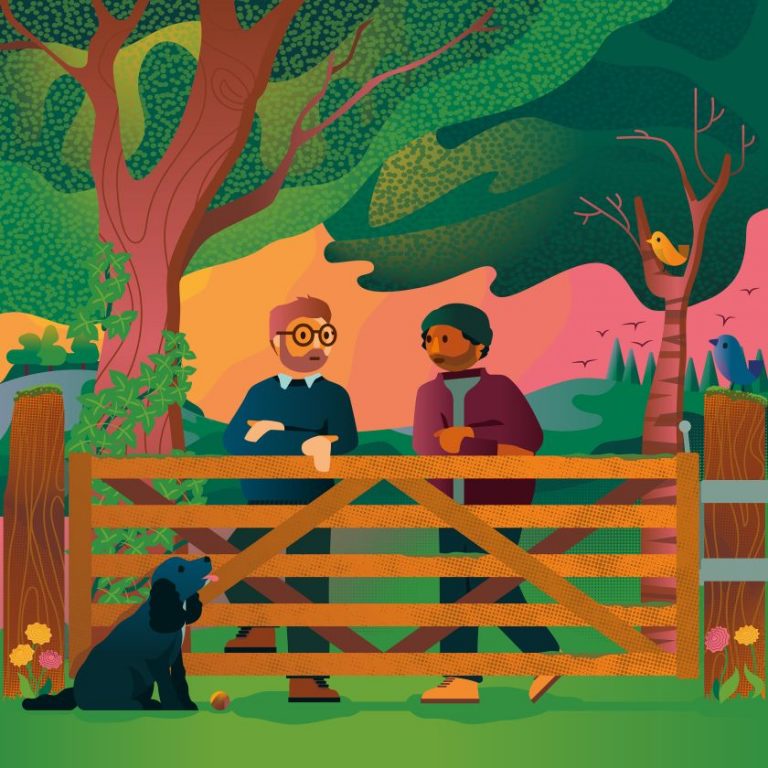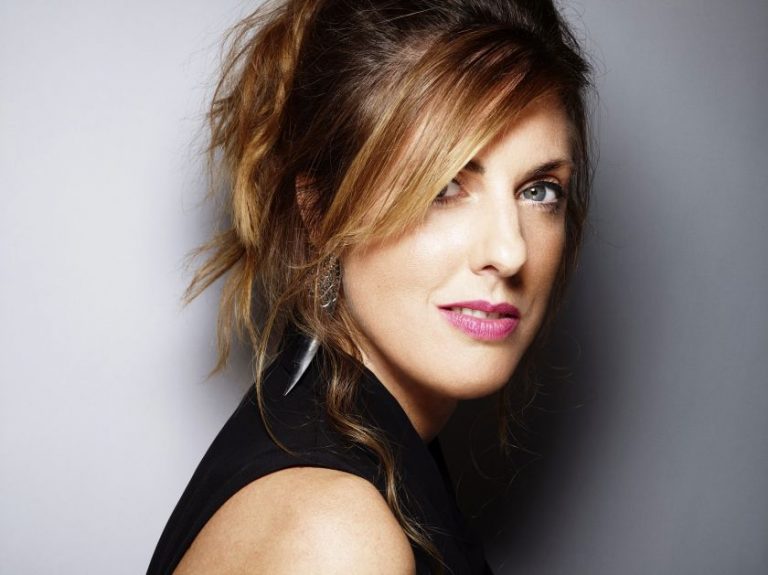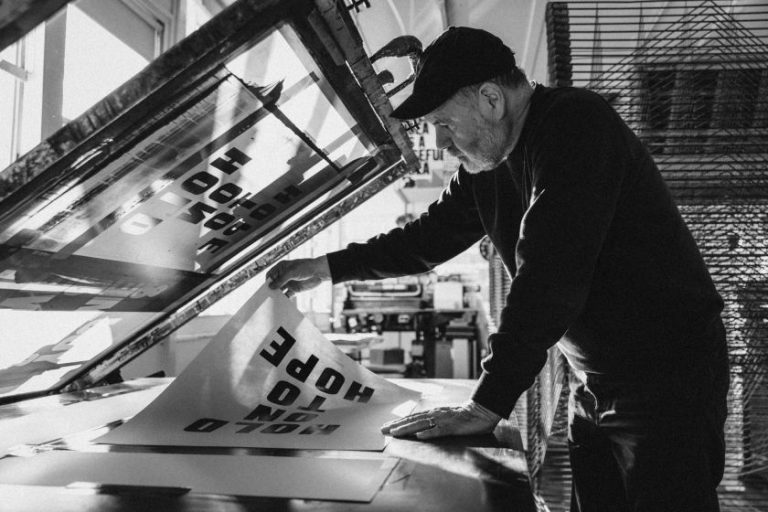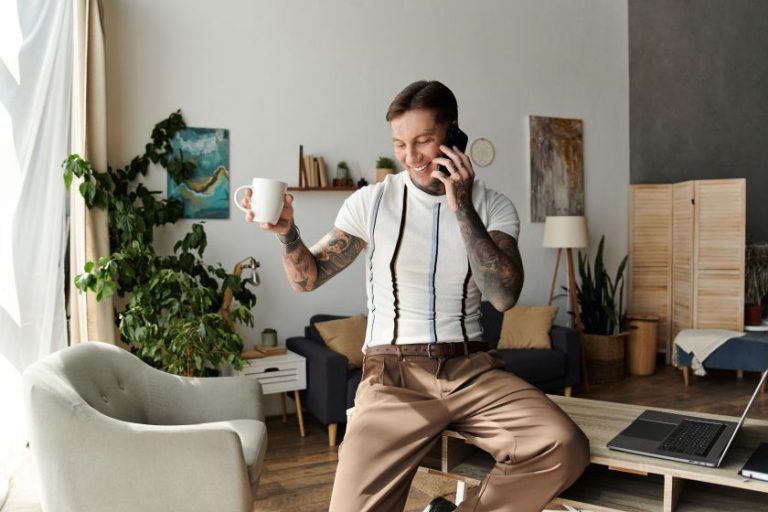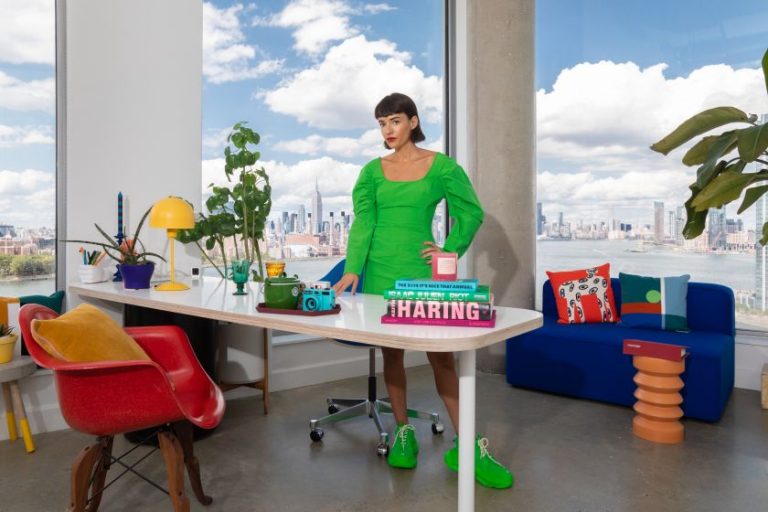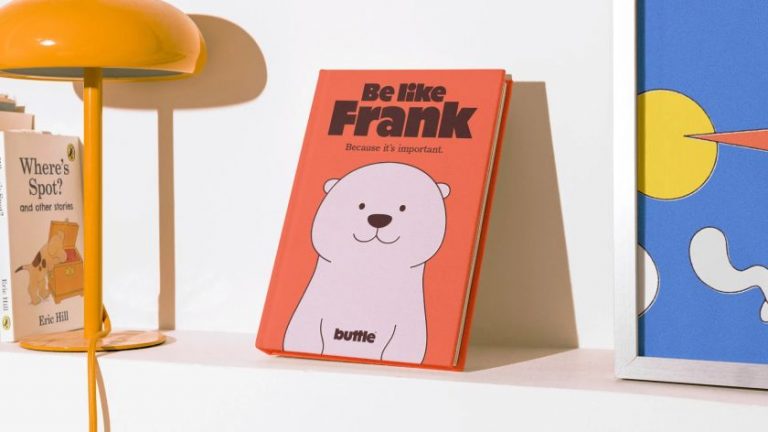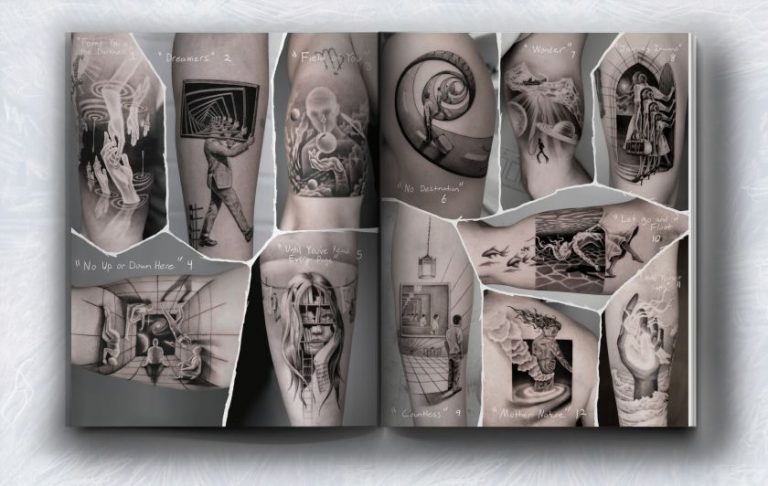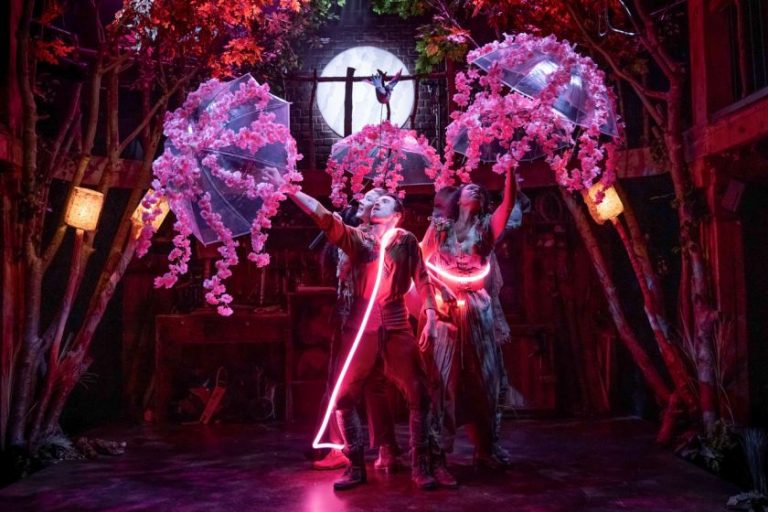Image licensed via Adobe Stock
Feeling like a fraud? We share the community’s best tips to help you embrace your unique voice, trust your process, and view challenges as opportunities.
As a creative professional, your work is an extension of your very self. Your ideas, your vision and your unique perspective, are the tools of your trade. Yet this means that to succeed, you have to have a lot of confidence in yourself. And for many of us, that can be as elusive as inspiration on a blank canvas.
In practice, the path of creativity is often paved with self-doubt and the fear of criticism. But what if you could harness the power of authentic confidence to elevate your creative pursuits?
By ‘authentic’, we mean a confidence that isn’t put on for show – the classic ‘fake it till you make it – but one that you feel deep down. This isn’t about bravado or an unwavering belief that everything you produce is flawless. Instead, it’s about trusting your process, valuing your unique voice, and having the courage to share your work with the world. It’s about embracing vulnerability as a strength and viewing challenges as opportunities for growth.
Sounds great, doesn’t it? But in practice, many of the most talented creatives fail to get there, which is a crying shame because it’s a state of mind that’s very much attainable.
In this article, we’ll explore some simple yet effective strategies to build and maintain confidence as a creative professional with help from the Creative Boom community. Meanwhile, you can read the whole discussion on X and Threads.
1. Don’t talk about syndromes
Our first point may surprise you: we won’t use the phrase ‘imposter syndrome’. Yes, it’s a popular phrase; everyone knows what it means. And we actually used it ourselves in our opening questions on social media. But artist Berenice Howard-Smith called us out for doing so, and she’s absolutely right.
“I have a huge issue with it being called a syndrome,” she explains. “It isn’t. It shakes our confidence, and that is perfectly okay. In my opinion, coaching and mentoring are helpful, but elevating it to a syndrome feels like it’s making it worse.”
We hadn’t really considered it before, but Berenice’s point is entirely valid. The Miriam-Webster dictionary defines ‘syndrome’ as “a group of signs and symptoms that occur together and characterise a particular abnormality or condition”. But lack of confidence isn’t an abnormality; it’s simply part of normal human growth.
In other words, lack of confidence isn’t something you ‘suffer from’, any more than someone who doesn’t exercise much ‘suffers from’ the inability to run a marathon. And once you reframe it as such, it may indeed become easier to deal with psychologically.
2. Understand it’s gradual
The next step is to understand that growing your confidence as a creative isn’t something you can achieve overnight. (Ironically, the feeling that it is means we can feel doubly unconfident for not doing so!).
Instead, building confidence as a creative is a process that, by its very nature, has to be gradual. Artist Ludi Leiva explains why that is.
“It’s about being able to hold the paradox that we have something of value to offer right now and, at the same time, that we are always getting better at our craft,” she says. “In other words, you must trust that your work is already worth sharing and not wait until it’s ‘good enough’ to put it out into the world. Start putting it out there now. Sure, it’ll be better in the future, but you can continue sharing your journey as you evolve and grow.”
3. It’s not just for newbies
Sadly, building confidence as a creative isn’t something you master at the start of your career and then don’t have to worry about. “Even climbing to C-suite and becoming a university lecturer by the age of 31, I do sometimes feel like an imposter,” admits chief marketing officer Raitis Velps. “And it’s a combination of fear of the unknown in the world of social media and assuming that someone could be better at this or is doing better.”
“I think a lot of this comes down to the roadmap for creatives and designers being so short,” says designer Craig Ward. “I see job postings for design directors requiring only six years’ experience. So you’ll find pretty quickly that the industry stops providing signposts for you. And it’s only natural that you find yourself with a senior title without adequate life experience to back it up.
“It also means you’re theoretically accelerating through the ranks of graduate > junior > middleweight > senior every 18 months,” Craig continues. “But when those new titles stop coming, it’s easy to feel like you’ve topped out. Or you’re forced to take a step down. Which, in its own way, is equally likely to trigger a feeling of inadequacy. As someone who got to do almost everything they wanted at a relatively young age, I’ve been thinking about this a lot lately.”
4. Don’t compare yourself to others
The next point is not particularly original, but it bears repeating as, in our experience, many of us constantly ignore it. “For the love of strong concepts and good kerning, DO NOT compare yourself to other creatives!” stresses illustrator Ameesha Lee.
“We all start our journey at different times, with different opportunities, due to luck and being in the right place at the right time, in between all of the hustle,” she reasons. “So you need to work hard at dulling all the noise and that irritating inner voice telling you everyone else is doing better. It’s such a waste of energy. Focus on pushing your own dreams forward.”
It’s natural, of course, to want to compare yourself with others. But artist and illustrator Yusra Na’im suggests that a more positive and productive approach is to compare it with your past self.
“Ever since I’ve started doing this, I’ve had a stronger focus and belief in myself, my journey and my work,” she says. “Over time, I can look back and see how much I’ve improved, which makes me feel more prepared for opportunities. There are so many years of experience and lessons backing up every project I take on. Aiming for perfection is such a trap, too. Letting go and asking fellow creatives for help was the biggest thing that made me feel like I belong in the community.”
Design lead Riley Jones couldn’t agree more. “There will always be someone better,” he says. “When comparison loses its helpfulness, it’s best to focus on what kind of progress can be made each day, each month, each year. Success then becomes about progress.”
5. Push yourself
Confidence comes with personal growth, and personal growth comes from pushing yourself into new and challenging areas. That can be scary; you obviously don’t want to take it too far. But equally, if you just play it safe your whole career, you’ll never get any better. So, there’s a real balance to be struck here.
As illustrator Chiara Celini points out: “When I feel a bit out of my depth, it can be unnerving, but that’s also when I notice the most growth. Being a beginner and feeling like an imposter have similar emotional qualities. Although they are not the same, whenever I feel like an imposter, I like to remind myself that maybe there is more learning to be made. And that’s a good thing.”
“Being a creative, it’s our duty to explore the unknown and try new things,” adds designer Kultar Singh Ruprai. “When you are being tested, feeling like an imposter is inevitable at some stages. But it’s important to remember it’s not life or death. Stay rooted; it’s all learning. Take a break. Shake it off. Tell yourself you got this.”
6. Recognise you’re not alone
When you feel like a fraud, perhaps the best medicine is to read quotes from successful people who’ve felt the same way you have – including some very famous people.
For example, actress Meryl Streep once said: “You think, ‘Why would anyone want to see me again in a movie? And I don’t know how to act anyway, so why am I doing this?'”. Similarly, singer Jennifer Lopez once said: ‘Even though I’d sold 70 million albums, there I was feeling like ‘I’m no good at this.'” We could go on, but you get the point.
“I think we’ve all felt like imposters, which, in a weird way, is comforting,” says designer Stacey Shaller. “That famous artist you love? They’ve felt it. The design influencer with thousands of followers? They’ve been there. Reminding myself that everyone has these feelings takes the power away from them. The key isn’t to ever feel like an imposter again. It’s not letting that feeling stop you!”
7. Talk to others
One of the main issues with a lack of confidence is that it makes you want to scuttle away from others and hide your “shame.” But one of the best ways to build confidence is to share your feelings with others.
It always helps me to talk with others about my feelings and worries,” says illustrator and designer Carina Lindmeier. “I’ve found a community I can trust: people who are on similar journeys. We support each other. Talking truly makes a difference, especially when I realise we’re all the same and share similar struggles. And it goes both ways: successes are also most meaningful when shared.”
Freelance illustrator Poan Pan feels similarly. After getting paid for his first commissioned work, the illustrations never got published for some unknown reason. Understandably, he was upset. “I questioned myself whether I was talented enough or not. I shared my feelings with my partner, family and friends. And with their support and with lots of walking in nature, I kept believing in myself and learning from all the ups and downs.”
Illustrator Lisa Fernández Karlsson feels this is an example everyone should follow. “I think that, particularly in the creative industry, one is always learning and growing, constantly facing new challenges. You generally think your best work is not yet done and that you need more time to evolve. However, when you join a creative community and feel comfortable speaking about this, you discover that we all have similar experiences. You’ll always learn along the way and must trust the creative process.”
8. Be willing to make mistakes
Feeling like a fraud can be rooted in the misconception that we must be “perfect” in our job. But making mistakes isn’t just part of life; it’s actually crucial for your development as a creative, as we explain in our article Why and how to make mistakes on purpose.
Simply realising this can be quite liberating, says illustrator and designer Adrianne Walujo. “Admitting that we know something yet not everything liberates us from feeling like an imposter. Because we are all learning”.
Illustrator and designer Ron Salas agrees. “I think the secret is owning the fact that you’re not going to be great at or know everything. Just the process of opening yourself up to learning from your peers and making sure that you’re making every effort to fill in the holes of what you don’t know is the step in the right direction.”
9. Don’t be intimidated by others
One final point. We’ve already talked about not comparing yourself with others. But it’s also important not to be intimidated by clients. As art director Marc Diamond explains: “Sometimes the names behind a client can be daunting. But the thing is, whether it’s a local business or a world-famous franchise, they’re fronted by people exactly like you. And mostly, they’re making things up as they go along, too!”
If there’s a thread that runs through all of this, it’s that you just need to trust your process and be patient. “For me, I think it just came with time,” says illustrator Alyah Holmes. “Realising you’ve put so much time and effort into your craft and seeing the progress you’ve made should tell you that you are not an imposter but a creative who is on their journey and growing just like every other creative before you.
“Remembering even your creative inspirations have felt the same, and the sooner you embrace your process and believe in yourself, the sooner you grow your confidence and continue working without fear and doubts.”

